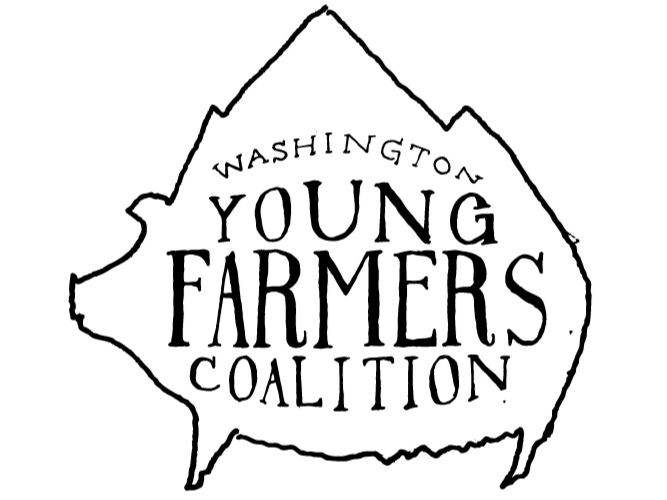HB 2671
The Farmer Mental Health Bill
Farmers have the highest suicide rate of any profession in America (1).
A bill signed by Governor Inslee addresses that.
HB 2671 will provide bilingual mental and behavioral health support to people in agricultural industries. The bill passed unanimously in both the House and Senate in spring 2018, and has been fully funded in the final budget.
HB 2671 establishes pilot programs in two different Washington counties that would host a public helpline and provide culturally appropriate behavioral health resources and education, including Spanish language services, to struggling farmers, ranchers, and farm workers.
The Washington Young Farmers Coalition (WAYFC) wants to sincerely thank all those who helped pass this bill in the House and the Senate. We are especially grateful for Representative JT Wilcox, who introduced the bill in the House, and committee members in both chambers who ensured that this bill progressed through the legislative process. At the signing, Governor Inslee expressed gratitude to the organizations that supported HB 2671, and was looking forward to seeing the results of the bill in action.
Background: The Farmer Suicide Crisis
In 2017, WAYFC lost one of its founding members, Justin McClane, to suicide. Tierney Creech, a WAYFC founder and operator of a vegetable farm outside Olympia, gave testimony on HB 2671, saying, “The Coalition has always had a mission to support and connect young farmers… We knew that the social support we got from our other young farmers was extremely important in this challenging, often isolating profession, and we tried to bring opportunity for those friendships and connections to other farmers around the state. We never used the words mental health or talked openly of suicide, until this past spring when [Justin] took his own life on his farm in Lewis County.” Since then, WAYFC has been committed to raising awareness about lack of culturally appropriate mental health resources for farmers.
Some of the unique issues causing the farmer suicide crisis include social and geographic isolation, lack of resources in rural areas, stressful or physically demanding work conditions, and high risk of financial loss. Farm owners are not the only people struggling in agriculture. Hard working conditions, poverty, and lack of access to healthcare create negative mental health outcomes for farm workers also. These issues are nationwide, making a national bill an urgently needed public health resource.
HB 2671, and its federal counterpart, HR 5259, could have a serious impact in rural communities. Derek Sanderson, director of the Washington State Department of Agriculture, said during testimony on the bill, “Behavioral health of our agricultural workers and farmers is important on a humanitarian level, but it’s also very important for the viability and longevity of the state’s agricultural industry.” The overwhelming support for HB 2671 has clearly shown that agriculture is a bipartisan issue which united congress people in Washington State, and gives hope for the success of national efforts.
HR 5259: The STRESS Act
The success of this bill gives new momentum to efforts to address the issue on a national level, following the introduction of the STRESS Act (H.R. 5259) in the U.S. House of Representatives.
A bipartisan group of U.S. Representatives led by Tom Emmer (R-MN) and Tom O’Halleran (D-AZ) introduced the STRESS Act (H.R. 5259), a bill that would establish the Farm and Ranch Stress Assistance Network (FRSAN) to provide mental health services to farmers on a national scale. The program was initially authorized by Congress in the 2008 Farm Bill but never received funding. WAYFC advocates for the establishment and funding of FRSAN to support young farmers nationwide.
Center for Disease Control
